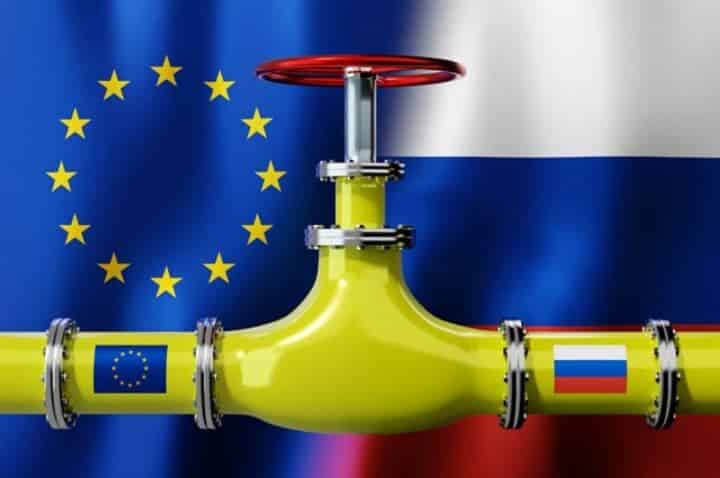US pressure on Europe to cut gas imports from Russia.
US Energy Secretary Chris Wright has urged the remaining buyers of Russian fossil fuels in the European Union to stop campaigning against the bloc’s efforts to end its dependence on Moscow and buy from the US instead.
Speaking at an event in Brussels on Friday, Wright said Europe should have gotten its needs from “our friends.”
Wright has been holding meetings with European officials over the past week on how to increase imports of liquefied natural gas from the US and cut off funding for Russia’s war in Ukraine.
Wright also told Reuters on Friday that the EU could replace Russian gas imports with liquefied natural gas from the US within six to 12 months, gradually eliminating its dependence on Russian gas, and that the US had informed EU officials of this this week.
Asked whether countries like Hungary and Slovakia, which have opposed the European Commission’s efforts to gradually cut off Russian gas, should finally end their interactions with the Kremlin, the US energy secretary replied: “Absolutely.”
“We want to replace Russian gas,” he added. “The president (Donald Trump), the US and all the EU countries all want to end the Russia-Ukraine war.” “The more we can reduce Russia’s ability to finance this deadly war, the better for all of us.”
At the same time, Wright called on European countries to find alternatives to Russian nuclear power, saying, “We want to see nuclear technology coming from the US or from within the EU itself.”
Hungarian Prime Minister Viktor Orban has long opposed EU sanctions on Russia, including Energy Commissioner Dan Jorgensen’s plan to gradually cut off gas imports from the country by 2027.
The US has increased pressure on Europe to cut off Moscow’s energy revenues under the pretext of ending the war in Ukraine. The US and the West allege that fuel revenue, Russia’s most lucrative export, has helped finance the war.
European Commission President Ursula von der Leyen said this week that the bloc is considering a faster phase-out of Russian fossil fuels as part of new sanctions against Moscow, but did not specify how Brussels would do so.

